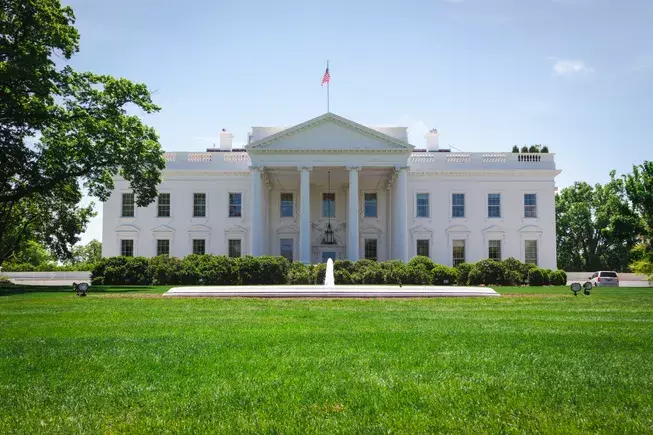The recent announcement from the U.S. government regarding a reduction in tariffs on Chinese imports offers a glimmer of hope in an otherwise tumultuous economic landscape. This decision not only signifies a pause in the escalating trade war between these two global giants but also provides an opportunity for vital discussions about key issues—one of which is the fate of TikTok in the American market. As concerns about national security and technological autonomy swirl, the implications of this tariff reduction could ripple across multiple sectors, beckoning a more cooperative economic environment.
The TikTok Dilemma: A Complicated Landscape
In January, the pressure on TikTok intensified with the Senate’s approval of a bill mandating its sale to a U.S.-owned entity if it wished to continue its operations in America. While many viewed this move as an overreach, it highlighted the broader anxieties about data privacy and foreign influence. TikTok’s standoff with the government has not merely been a corporate issue; it has become a high-stakes political game where the stakes involve countless American users and creators who depend on the platform for their livelihoods.
January’s deadline prompted a series of frantic maneuvers by the Trump administration, which included a 75-day suspension on the enforcement of the bill to allow negotiations to unfold. However, as tensions mounted through heavy tariffs and retaliatory measures from China, the possibility of any constructive dialogue diminished sharply. This political tug-of-war not only stymied progress on a potential TikTok sale but also led to a broader sense of uncertainty among its creators, many of whom have seen their prospects dim amid the looming threat of a shutdown.
Negotiations and New Horizons
But with tariffs being eased, there lies a potential path to serenity. While the initial expectation was that a TikTok deal would swiftly materialize, the realities of corporate negotiations are often less straightforward. TikTok, owned by Chinese company ByteDance, must now navigate the intricate labyrinth of legal and regulatory requirements. There are specific stipulations that govern foreign ownership and algorithm oversight that could considerably influence the structure and viability of any forthcoming deal.
Recent reports suggest that a partnership arrangement with Oracle could be the most feasible solution, allowing TikTok to align with the stipulations put forth in the “Protecting Americans from Foreign Adversary Controlled Applications Act.” Yet, relinquishing control may pose significant challenges for ByteDance, requiring it to harmonize its interests with those of American regulators while still safeguarding its proprietary technology and business model.
Such negotiations are reminiscent of a high-stakes chess game, where each move carries the weight of strategic importance. Urgency looms over these discussions, especially considering the administration’s indications that immediate resolution may be expected. Yet, as the deadline approaches, both sides must tread carefully, and nothing is certain.
The Heartbeat of the Creators
Amidst this turmoil lies the heartbeat of TikTok: its creators. For many, the app serves not only as an entertainment medium but also as a viable income source and community platform. The uncertainty around its future has manifested in anxiety and speculation among users who have invested time and effort to cultivate their audiences. The potential easing of trade tensions may imbue a renewed sense of optimism for these creators, who have felt trapped in a protracted limbo.
What does this all mean for TikTok’s role in the American social media ecosystem? Should negotiations with Oracle yield a favorable compromise, TikTok could secure its place as a resilient player in the market, thus providing both creators and consumers alike with the continuity they desperately desire. The conversations surrounding this platform have escalated far beyond mere app functionality or format; they have ignited broader discussions on culture, commerce, and community in today’s digital age.
In an environment where global interactions increasingly define business futures, the outcome of these negotiations may serve as a precedent for how we evaluate foreign technology and companies. The unfolding narrative is complex and evolving, an intricate weave of diplomacy, business interests, and the people who rely on these digital platforms for connection and creativity.

